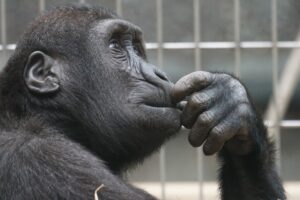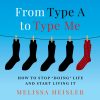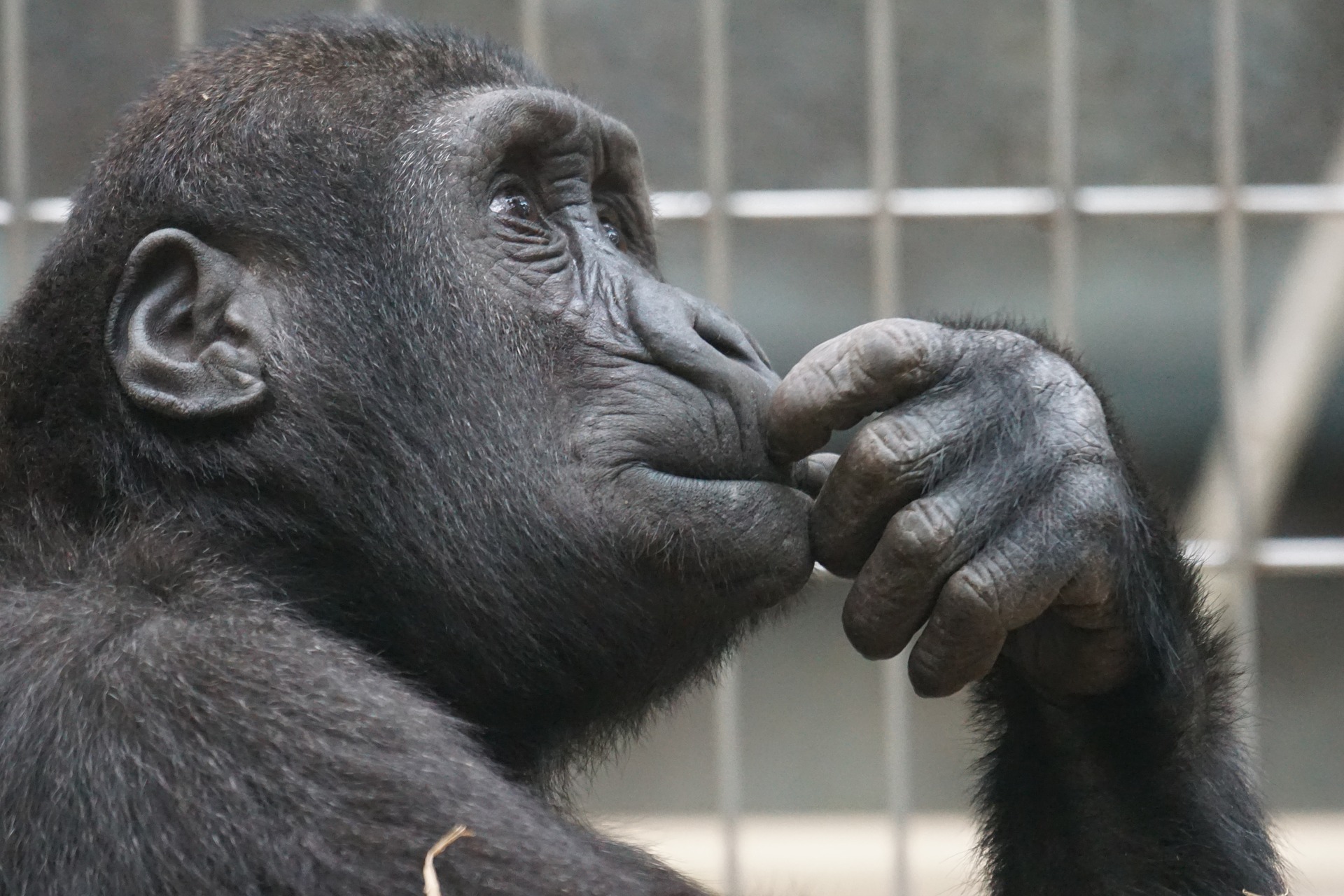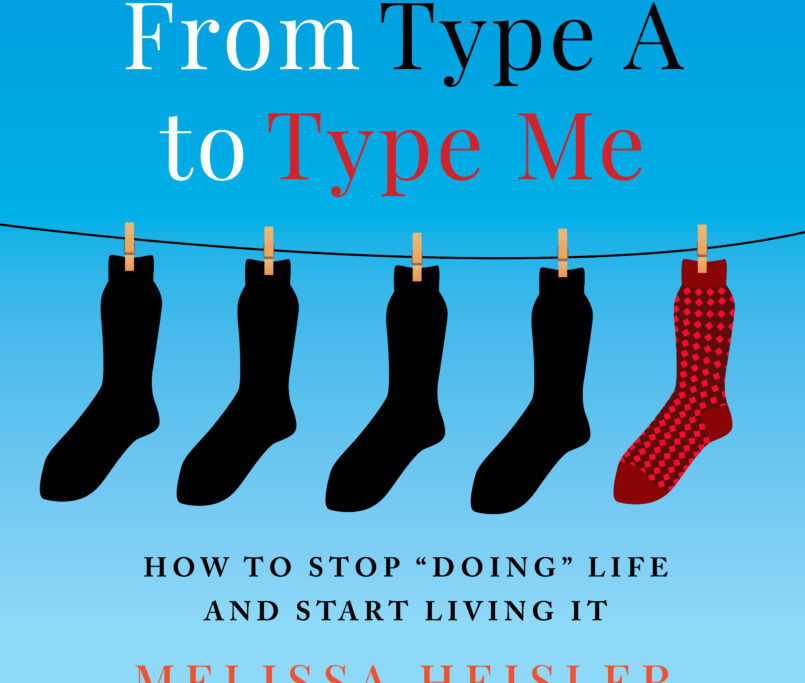Feeling into the Future
Every month I check in with the PowerPath Forecast to get a pulse on the world. I don’t know how they do it, but the forecast has an uncanny knack at identifying larger themes happening to us all. This information helps the work I do with my clients as well as helping me understand shifting politics and environmental issues.
This month’s forecast focuses on trusting our intuition and setting our own intentions/direction. This line really struck me, “Intuition is non-intellectual and helps us to “feel” into things instead of rationalize them. Remember that rationalization uses language from the past and past experiences, whereas intuition feels into the future.”
To me the power of this line means that relying solely on our intellect means we are stuck in the past. We look at what has happened to us in the past and are expecting the future to match what we experienced or witnessed before. Not only can this be a poor predictor, just think about the housing and tech bubbles which we assumed would continue to grow, but also begs the question, do you want to experience what you did in the past, or do you want something better?
 If every relationship you had in the past resulted in heartbreak, you may rationalize that your new relationship will end poorly. But is that what you want? And if you assume that the results will be the same, are you consciously or unconsciously taking the same actions ensuring the same results? Einstein said that “Insanity: doing the same thing over and over again expecting different results.” When we use our logic and rationalization we are repeating the past again and again, with no hopes at different results. Rationalization keeps us stuck in our old patterns. And our lizard brain loves it. Our lizard brains desire consistency, so logic and rationalization are wonderful. We can give “proof” of a trend or “predict” what will happen next.
If every relationship you had in the past resulted in heartbreak, you may rationalize that your new relationship will end poorly. But is that what you want? And if you assume that the results will be the same, are you consciously or unconsciously taking the same actions ensuring the same results? Einstein said that “Insanity: doing the same thing over and over again expecting different results.” When we use our logic and rationalization we are repeating the past again and again, with no hopes at different results. Rationalization keeps us stuck in our old patterns. And our lizard brain loves it. Our lizard brains desire consistency, so logic and rationalization are wonderful. We can give “proof” of a trend or “predict” what will happen next.
The truth is, however, that our world is not consistent. In fact, it is very uncertain. The world we are in this moment is different than the one a minute ago because everything has changed. Life is fluid. The world is constantly evolving. Thinking it is consistent not only keeps us repeating our actions but also makes it difficult for us to adapt to the truth of a fluid unstable world. Feeling into the future is actually a more sound approach to an every changing world.
In a Harvard Business Review interview, Instinct Can Beat Analytical Thinking, psychologist Gerd Gigerenzer talks about how intuition and heuristic decision making is a better decision-maker in our uncertain world. He tells the story of a turkey who every day hears the farmer saying he is going to kill the turkey and yet every day the farmer feeds him. Using his rational decision-making over time, the turkey believes he can predict the future (being fed) based on the past. And then it is Thanksgiving. At the end of the article, Gerd also shares an experiment German psychologists conducted to show that intuition was not as reliable as logic and knowledge. The experiment showed the opposite. The intuition group predicted the outcome correctly 72% of the time where the knowledgeable groups scored in the 60’s.
Using our intuition is trendy in the New Age world, but Gerd talks about how intuition is used daily in business. “In the companies I’ve worked with, which are large international companies, about 50% of all decisions are at the end a gut decision.” Many important decisions are made through the gut, but people are afraid of admitting it because it is not as “sound” or at least as provable as data-made decisions. Going with our intuition or our gut, actually has some scientific support. Science is now calling our gut (our stomach) our “second brain” since it contains more neurons than either the spinal cord or peripheral nervous system and because it sends messages to the first brain in our head. The enteric nervous system (second brain) affects our mood and emotions. It is not the thinking rational mind, but our emotional mind. And sometimes that emotional mind can be more effective than our rational mind.
PhD psychology professor at Hope College and author of Intuition: It’s Powers and Perils, David G. Myers, says that “This kind of intuition isn’t mystical. It’s an automatic, intelligent response to situations we’ve previously learned about or experienced.” He sees intuition as the ability to make associations and recognize patterns allowing us to instinctively “know” what to do. The rational mind says, “A + B = C” where the intuitive mind focuses on how A, B and C are interrelated. Spiritually inspired or not, our intuition often has the information we need in a split-second and the right insight for many situations, even if we can’t consciously explain why.
How in tune are you with your gut? Do you receive hits of intuition? Do you have the courage to follow your intuition? If you want to check out your own intuitive nature, try this simple test and then try out their tools for increasing your intuition. What I found interesting about the test was that it appears being more intuitive also means being more flexible, creative, and adaptable. Who couldn’t use more of that?





